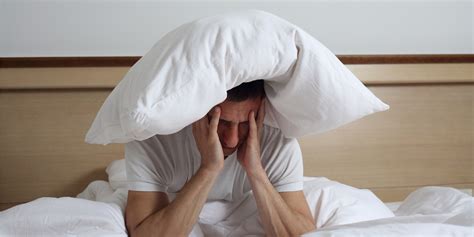The Mental Health Benefits of Moving to Daylight Saving Time

Each spring, we “spring forward” for Daylight Saving Time (DST)—setting our clocks an hour ahead and gaining extra evening daylight. While the transition can cause temporary sleep disruptions, adjusting to DST can have significant mental health benefits in the long run.
For those who struggle with seasonal mood changes, sleep issues, or overall well-being, the extra evening sunlight can boost energy levels, improve mood, and encourage outdoor activity. Let’s explore how the switch to longer days positively impacts mental health and how to adjust to the change smoothly.
Adjusting to DST isn’t always easy. Our circadian rhythm—the body’s internal clock that regulates sleep, mood, and energy—takes time to sync with the new schedule. Some of the biggest challenges of “springing forward” include:
- Temporary sleep deprivation – Losing an hour of sleep can lead to short-term fatigue.
- Slower morning adjustments – Waking up in darker mornings can feel disorienting at first.
- Initial stress and irritability – A sudden schedule change can cause minor mood shifts.
However, these effects are short-lived, and the long-term benefits of extra daylight in the evening often outweigh the initial challenges.
The Mental Health Benefits of Daylight Saving Time:
1. More Evening Sunlight for Improved Mood
One of the biggest advantages of DST is longer daylight hours in the evening. Exposure to natural light later in the day has been linked to:
- Increased serotonin production, helping to improve mood and reduce symptoms of depression.
- Higher energy levels in the afternoon and evening, making people feel more alert.
- Encouragement for outdoor activities, such as exercise or socializing, both of which support mental well-being.
By contrast, during standard time, the early sunset can contribute to seasonal mood dips, especially for those prone to Seasonal Affective Disorder (SAD).
2. More Opportunities for Physical Activity
With more daylight in the evening, people are more likely to engage in physical activity, which is essential for mental health. Studies show that regular exercise:
- Reduces stress and anxiety.
- Boosts endorphins, the body’s natural mood enhancers.
- Improves sleep quality by helping regulate the circadian rhythm.
When the sun sets early during standard time, many people are less motivated to exercise after work or school, leading to a more sedentary lifestyle.
3. Better Social Interaction and Mental Well-Being
Longer daylight hours provide more time for socializing, whether it’s meeting friends for dinner, going for an evening walk, or simply spending time outdoors. Social connections are key to mental health, helping to:
- Reduce feelings of loneliness and isolation.
- Increase overall happiness and life satisfaction.
- Promote relaxation and stress relief after work or school.
The extended daylight makes it easier to connect with others and stay active in the community.
4. Increased Productivity and Motivation
More natural light exposure—especially in the evening—has been linked to higher productivity and better focus. Longer days help:
- Reduce the sluggishness many feel in the late afternoon.
- Increase motivation to complete tasks and pursue hobbies.
- Improve overall mental clarity and alertness.
Natural daylight is also beneficial for workplaces and schools, as it enhances cognitive function and energy levels.
To make the transition easier and maximize the mental health benefits of DST:
- Gradually shift your bedtime—go to bed 15–30 minutes earlier in the days before the time change.
- Get morning sunlight – Step outside early to help reset your internal clock.
- Stay active in the evening – Use the extra daylight to exercise or engage in social activities.
- Limit screen time before bed – Avoid blue light exposure at night to support melatonin production.
- Be consistent with sleep schedules – Try to wake up and go to bed at the same time daily, even on weekends.
While the switch to Daylight Saving Time comes with an initial adjustment period, the long-term mental health benefits are undeniable. More evening sunlight means better moods, increased social interaction, improved physical activity, and higher productivity—all of which contribute to overall well-being.
If you’re feeling sluggish after the time change, remember that your body will adjust in a few days, and soon, you’ll be reaping the rewards of longer, brighter days.
Embrace the extra daylight and make the most of the positive energy it brings!
